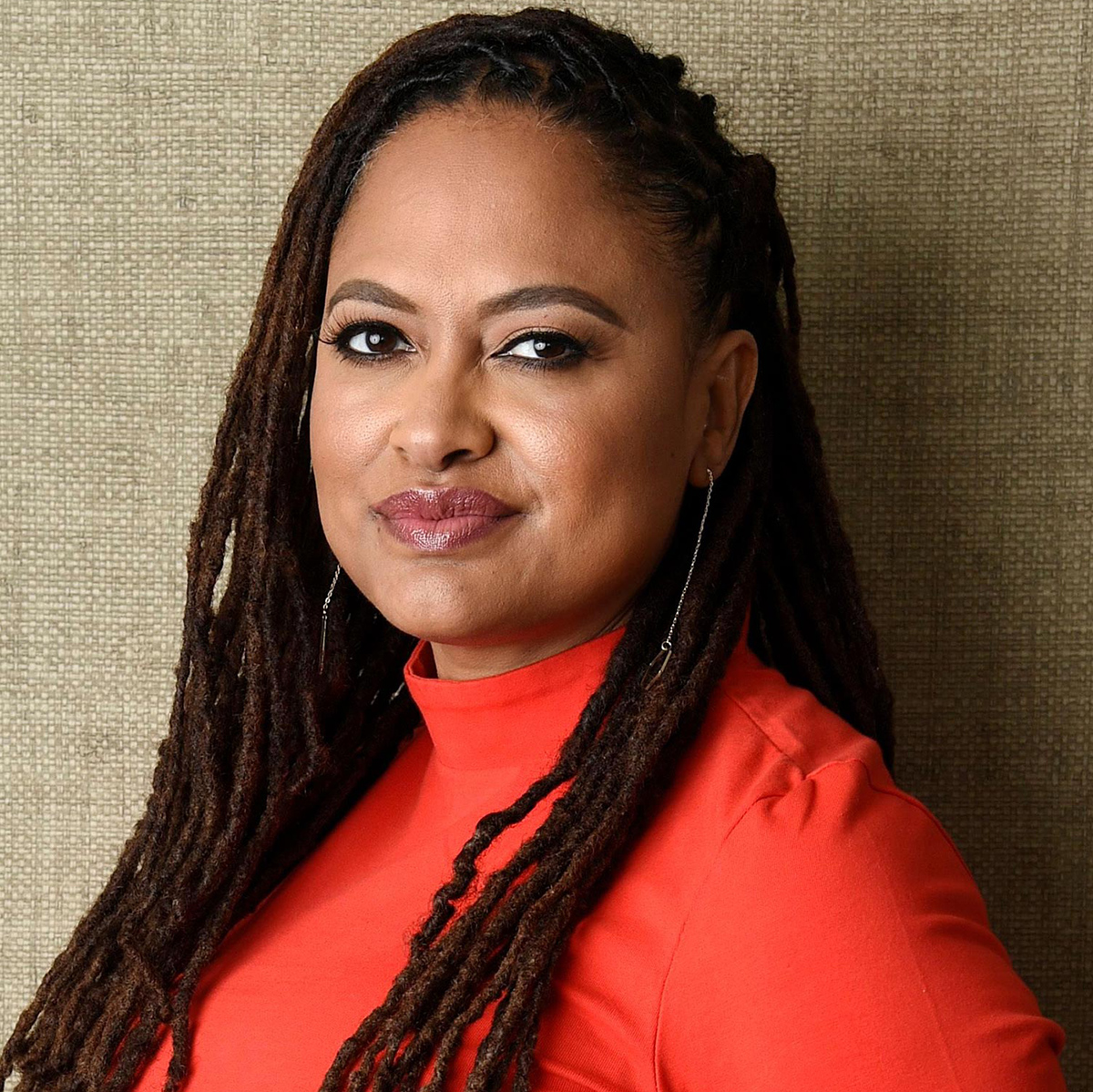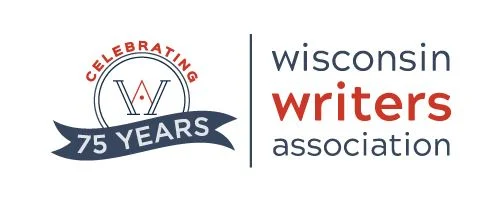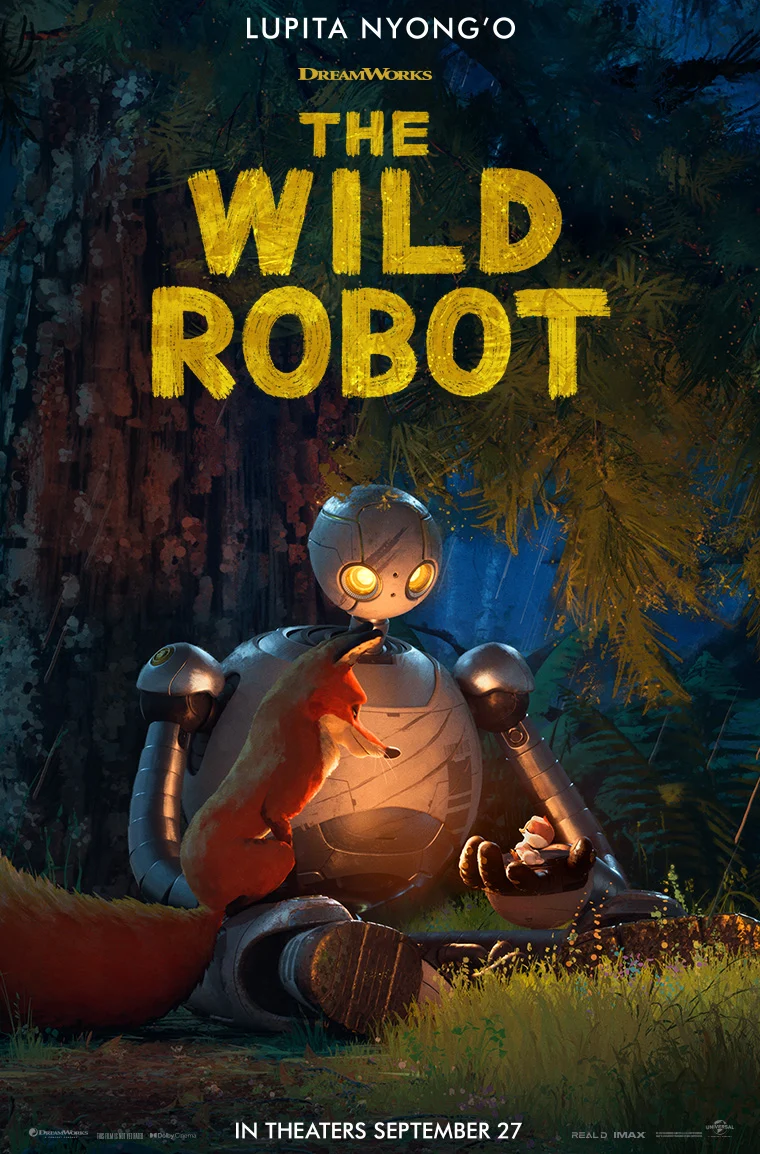 Last month, I enjoyed soaking in the wisdom of Ava Duvernay, renowned director, producer, writer, marketer and film distributor. She’s known for Selma, Queen Sugar, Middle of Nowhere, 13th, When They See Us, and Beyonce’s Family Feud music video.
Last month, I enjoyed soaking in the wisdom of Ava Duvernay, renowned director, producer, writer, marketer and film distributor. She’s known for Selma, Queen Sugar, Middle of Nowhere, 13th, When They See Us, and Beyonce’s Family Feud music video.
She’s on the board of Sundance and was sharing her thoughts on entertainment through the Sundance Collab June webinar, in conversation with Justin Simien. The webinar title: Art as Activism.
The title drew me in. It seems to me that if you’re a fully formed human being paying attention to what’s going on in the world, you’re concerned. As an artist, there’s disillusion, and then hope, because that’s what art is all about. Getting people to think deeply and leave filled with hope.
Duvernay is filling wells through Array, described as an independent film distribution and resource collective comprised of arts advocacy organizations, maverick volunteers, and rebel members worldwide. Array’s primary goal is “dedicated to the amplification of independent films by people of color and women filmmakers globally.”
I started out writing screenplays and pounded the pavement between Glendale, WI for several years, attempting to get my movies made. I’ve been a professional writer for my entire career, and have owned my public relations and marketing company, Hyler Communications for 18 years, so I found other ways to scratch that itch. That is, until now. As a debut middle grade children’s author, I’m determined to see my multicultural superheroes/science/spy gadgets book series adapted for the big or little screen.
So, when Ava declared, “Women of color are not encouraged to think outside the box,” that resonated with me. I thought of not just my creative hurdles, but my corporate and entrepreneurial hurdles. Resilience and hard work has been key to leaping over barriers. “We are after the full breadth of creative arsenal like our white counterparts,” Ava said.
Ava’s last project, When They See Us, featuring the Exonerated Five, was viewed on Netflix by 23 million accounts. Without a doubt, what she describes as “my cobbled together film school experience in my ‘30s,” has paid off handsomely.
I love the fact that she has made a way and is continually reaching back, over and through to lend a hand to the next artist. She’s gotten press for selecting all female directors for her Queen Sugar TV series. “We created the door,” she says, inviting directors who otherwise would not have gotten the opportunity.
Ava’s webinar was peppered with advice for artists seeking opportunity. “Pitch from a place of passion. You can’t go in hat in hand. Go in with, ‘I can do this. I need you.’ People want to get on a moving train.”
Her writing advice goes like this: “Writing is magic. Hit some pages every day. Write when you can, and as often as possible.”
Ava Duvernay’s webinar attracted viewers from 57 countries. Her lessons are being absorbed by artists of all types, and that’s great news for those of us whose passion for our art has become activism. Television and film aren’t the only areas of entertainment that have failed to tell stories of, and by people of color. #OscarsSoWhite was one movement that attracted a lot of attention.
In the children’s publishing industry, the disconnect between numbers of main characters of color in children’s books vs. actual children of color is problematic. It’s not just a parity issue; children need to see themselves within the pages of a book for self-esteem and to discover their place in the world. To all children’s book authors: there’s a child out there who needs to read your words. To readers and buyers of books for children: if they are not presented with a diverse array of books, they will not be fully formed citizens of the world. Our globe is populated by diverse people.

